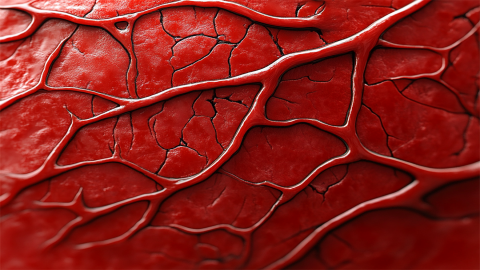Can vasculitis be cured?
Generally, some types of vasculitis can be cured with early and standardized treatment. However, if the condition is severe, involves multiple organs, or treatment is delayed, it may be difficult to achieve a complete cure. If you have any concerns, it is recommended to seek medical advice in advance. Detailed analysis is as follows:

For localized vasculitis with mild symptoms, such as allergic vasculitis, early drug treatment can suppress the inflammatory response and eliminate triggering factors. The inflammation can gradually subside, and vascular function can return to normal, achieving a curative effect. This type of vasculitis has a short disease course, causes mild organ damage, and responds well to treatment.
For severe vasculitis involving multiple vital organs, such as granulomatosis with polyangiitis, delayed treatment allows persistent inflammation to cause irreversible damage to organ function. Even with aggressive treatment later on, it may only control disease progression but cannot fully restore the function of damaged organs, making a complete cure difficult.
If symptoms related to vasculitis occur, prompt medical consultation is advised. Once the type of vasculitis is identified, standardized treatment should be followed, along with regular follow-up visits to prevent disease progression or worsening.







